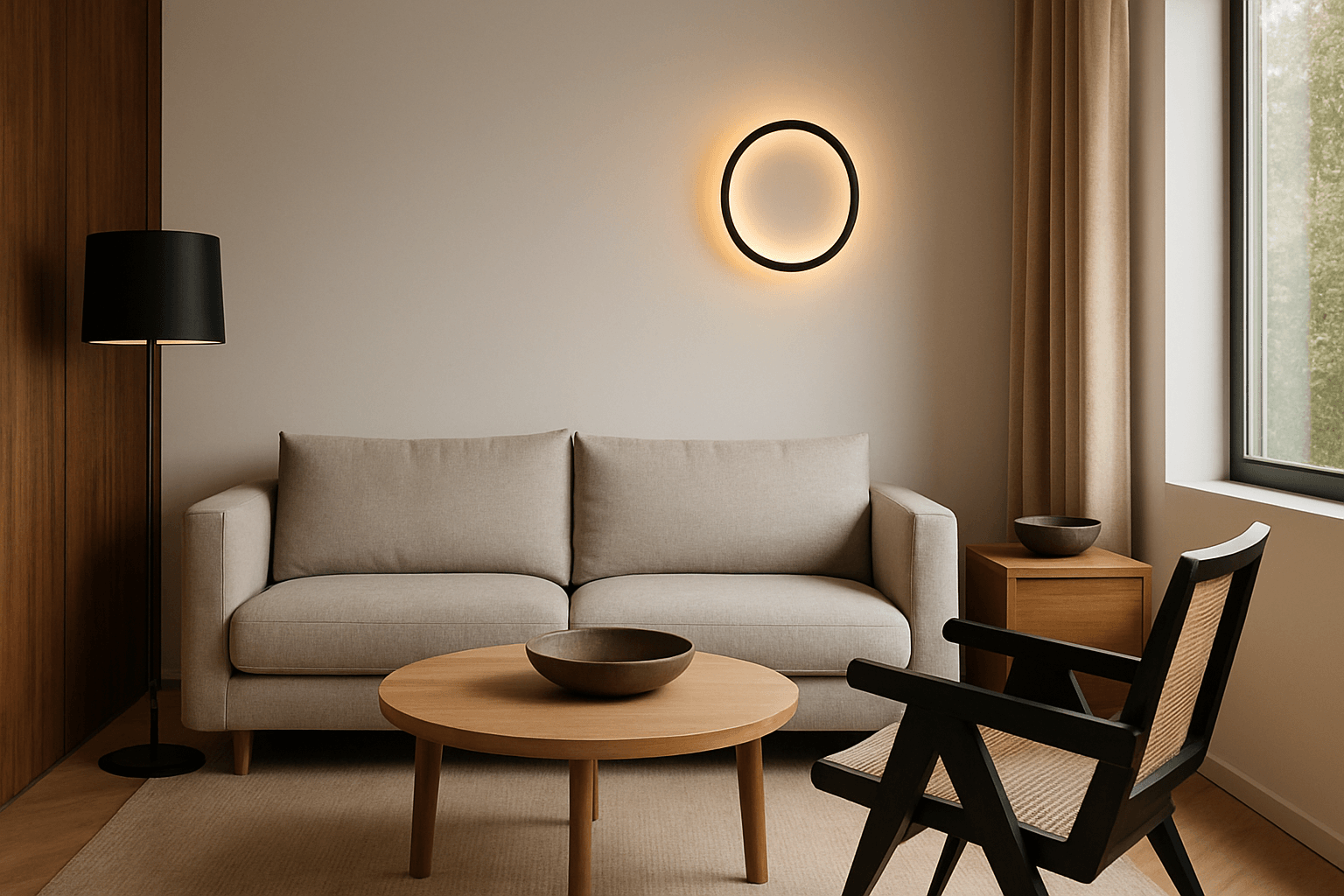The New Luxury: Simplicity
In a world overwhelmed by options, minimalism in furniture feels like a quiet luxury. Think clean lines, quality materials, and pieces that breathe rather than crowd. When the clutter goes, calm enters—and that’s what minimal furniture offers: clarity.
Form Meets Function
Every item in a minimalist space should earn its keep. Choose furniture that’s purposeful—whether it's a sculptural chair that also invites you to sit, or a streamlined sideboard that hides the mess. Look for built-in storage, flexible designs, and multi-use forms that complement both style and practicality.
Natural Materials, Honest Tones
Wood, linen, leather, stone—minimal furniture often relies on earthy textures to warm up the clean palette. Pale oaks, off-white textiles, and neutral finishes are not just calming—they’re timeless. These materials wear in, not out.
Space to Breathe
Minimal furniture allows for space. A room with fewer, better pieces feels more open and less overstimulating. This spaciousness improves flow—not just physically, but mentally. You see what matters and feel grounded in it.
Quality Over Quantity
Minimalist homes often feature fewer items, but with greater attention to detail. A handcrafted dining table, a well-balanced lighting fixture—these pieces stand alone, commanding presence without noise. Investing in quality is essential; it’s less about trend, more about longevity.
How to Begin
Start small. Replace one bulky piece with a more thoughtful alternative. Avoid matching sets. Embrace contrast between shapes and textures—think soft curves paired with sharp silhouettes. Remember, minimal doesn’t mean empty—it means essential.
Final Thought
Minimal furniture is more than a design choice—it’s a way of living. It’s about surrounding yourself with pieces that speak softly but carry meaning. And as your home clears, your mind often follows.
















